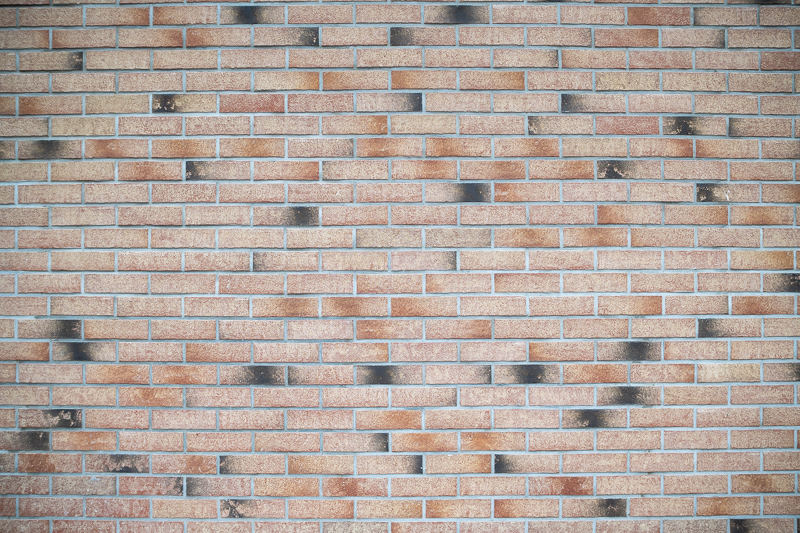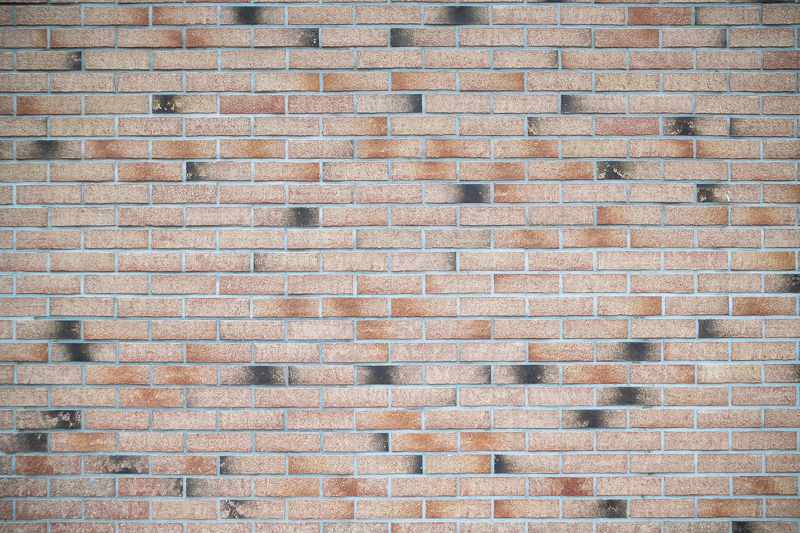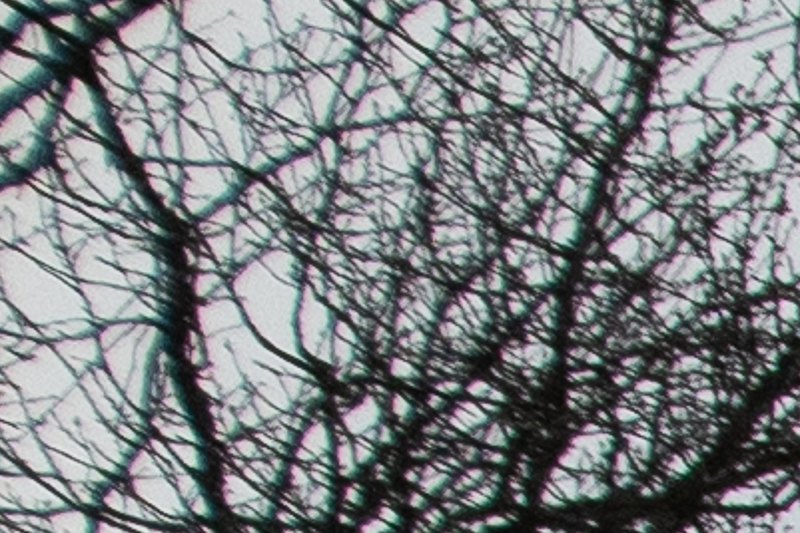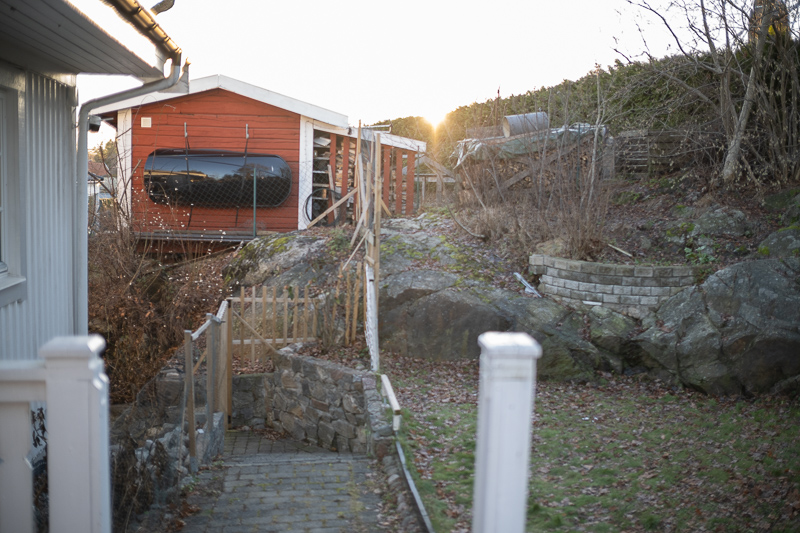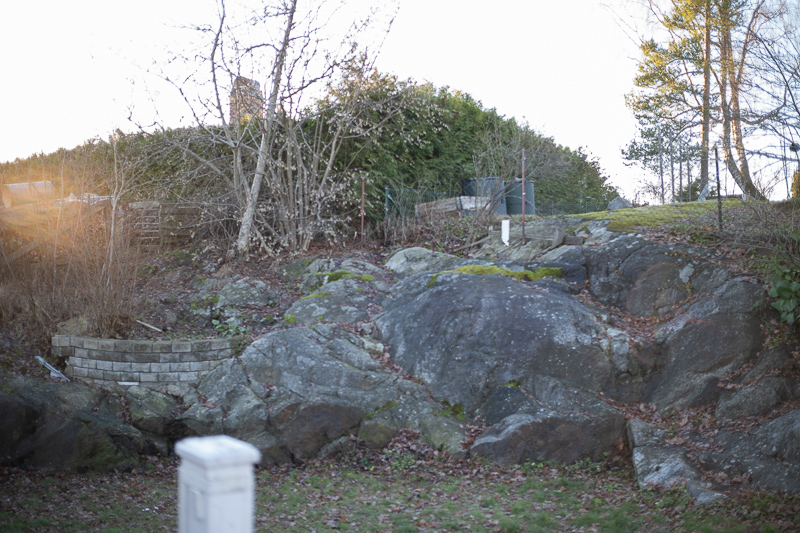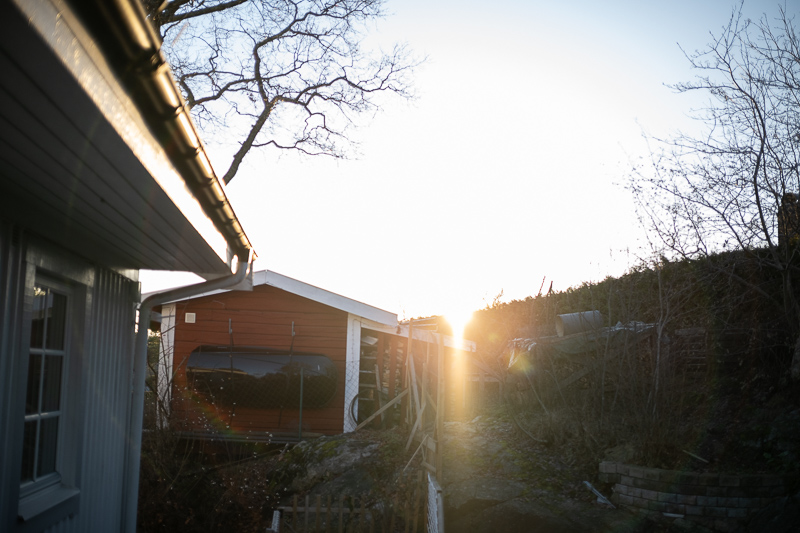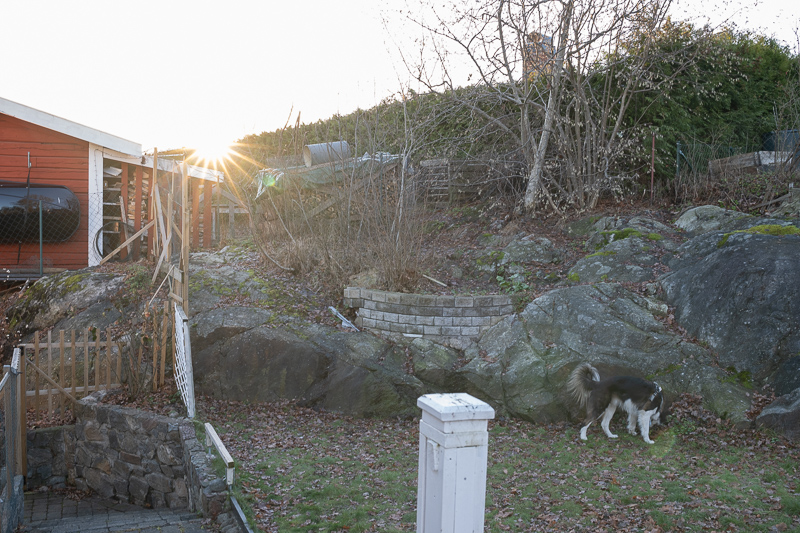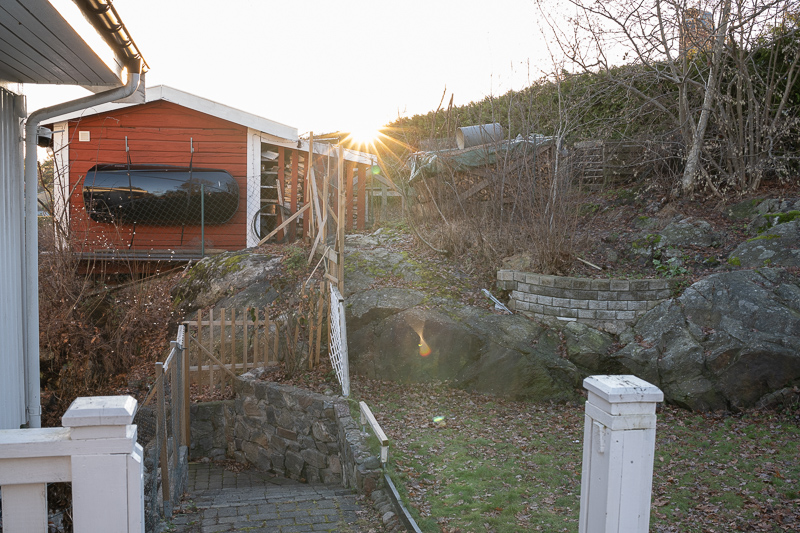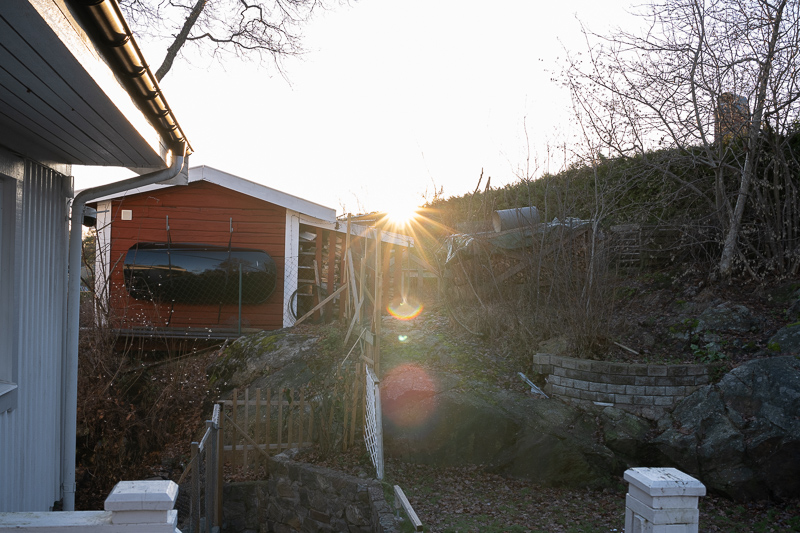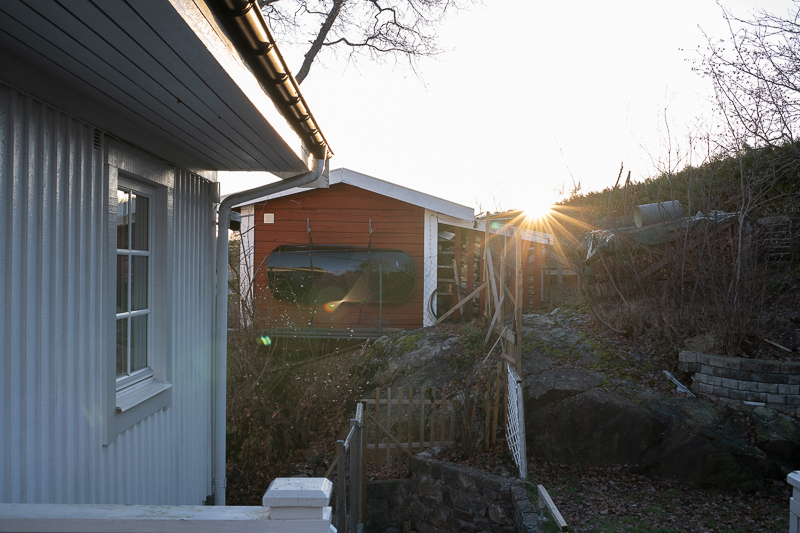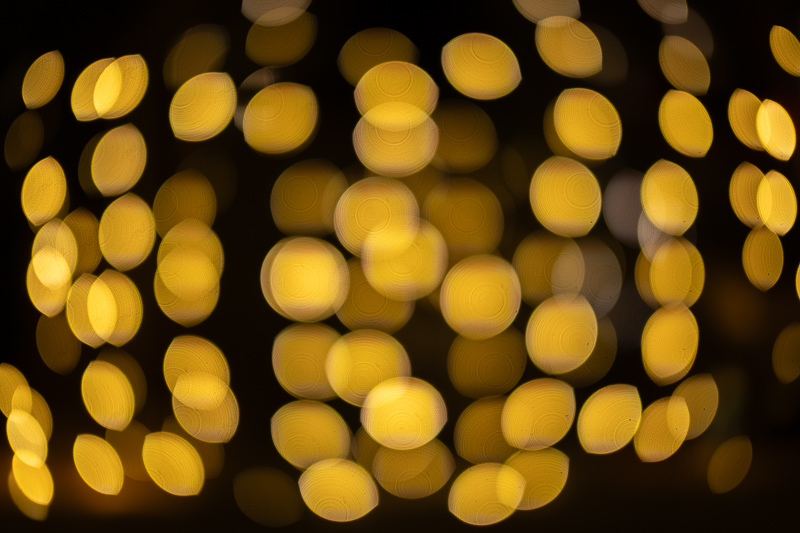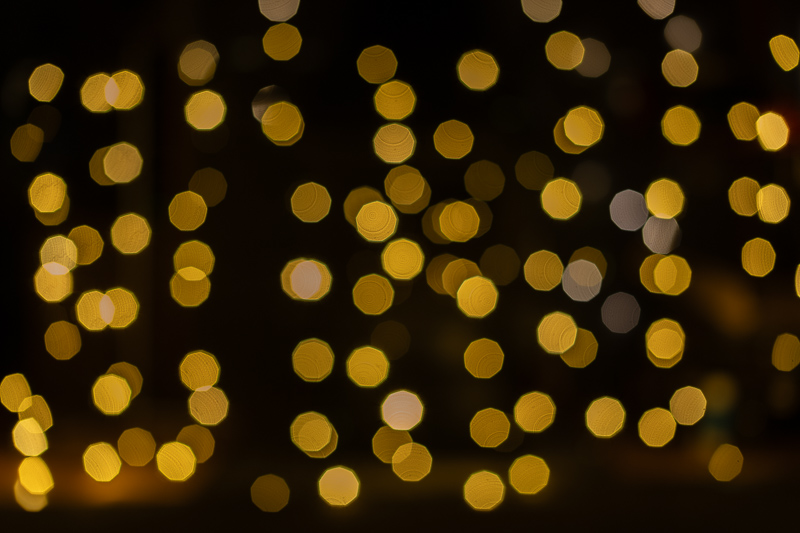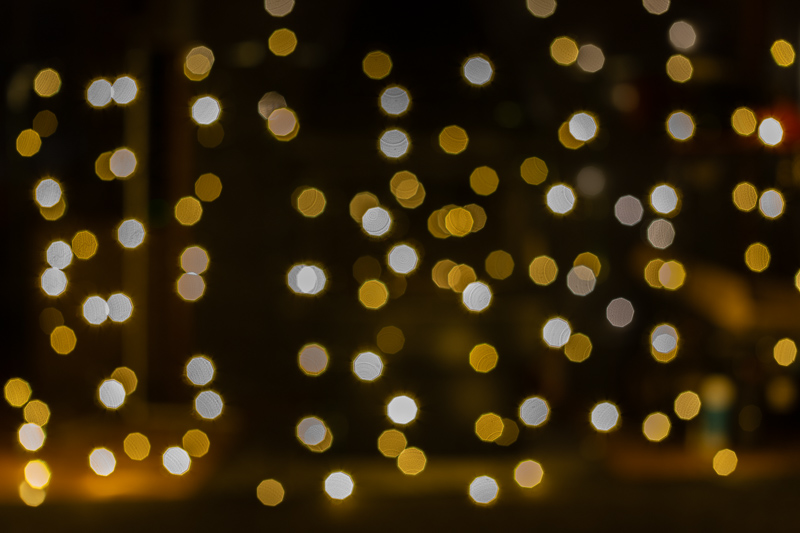Introduction
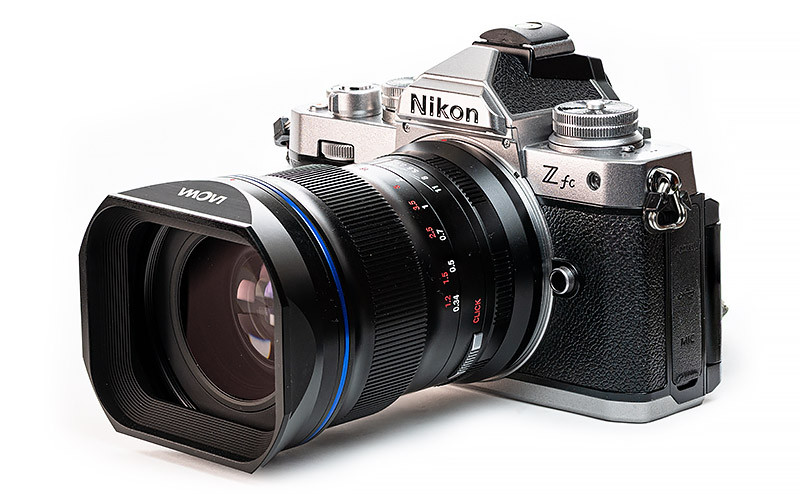
We have seen a few exciting lenses from Laowa in recent years, especially in their Argus product line, which seems to be Laowa’s premium line of lenses. The one here, Laowa Argus 25mm f/0.95 CF APO is one of them. A manual focus “standard/wide-angle” lens for APS-C cameras with an ultra-fast maximum aperture of f/0.95. It has an unusual focal length of 25mm (fullframe equivalent of 37.5mm*), between the more usual 23mm and 27mm focal lengths (FF equivalents of 35mm and 40mm*). The 0.95 aperture promises impressive and nice background separation and hopefully a nice bokeh and extreme low-light capabilities. Besides, the APO designation indicates Laowa has used its APO technology in this lens and it should give much better correction of spherical and chromatic aberrations than non-APO lenses. Let’s see how good it is in the real world!
* The fullframe equivalent focal length of 37.5mm is true for Sony, Nikon, and Fujifilm cameras, while on a Canon APS-C, it will be equivalent to a 40mm lens on a fullframe camera.
![]() I tested this lens on a Nikon Zfc
I tested this lens on a Nikon Zfc
![]() You can see this review a YouTube video here
You can see this review a YouTube video here
Sample Images
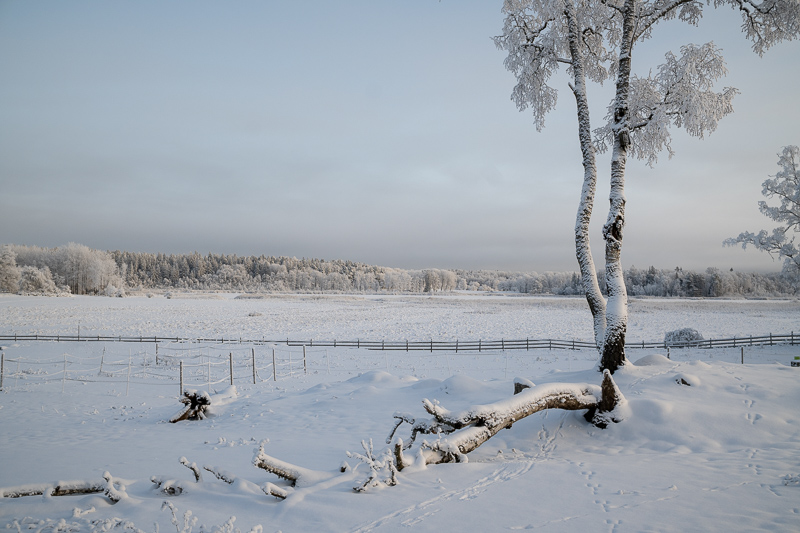






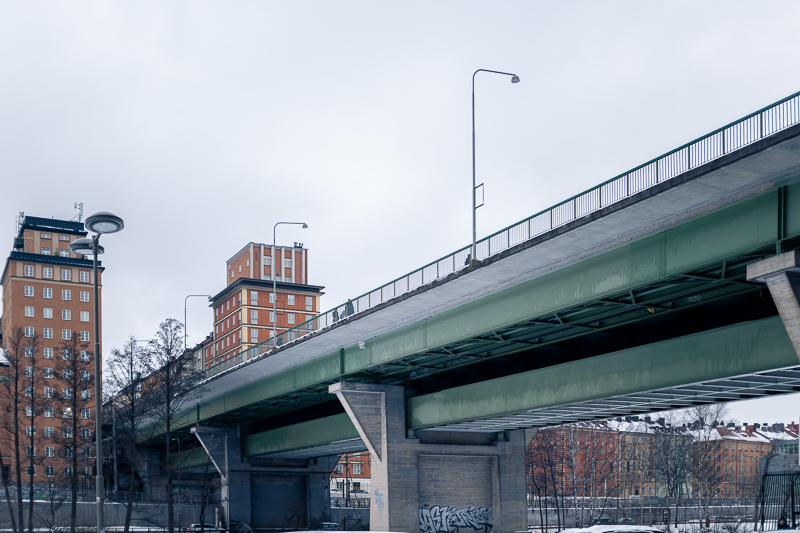

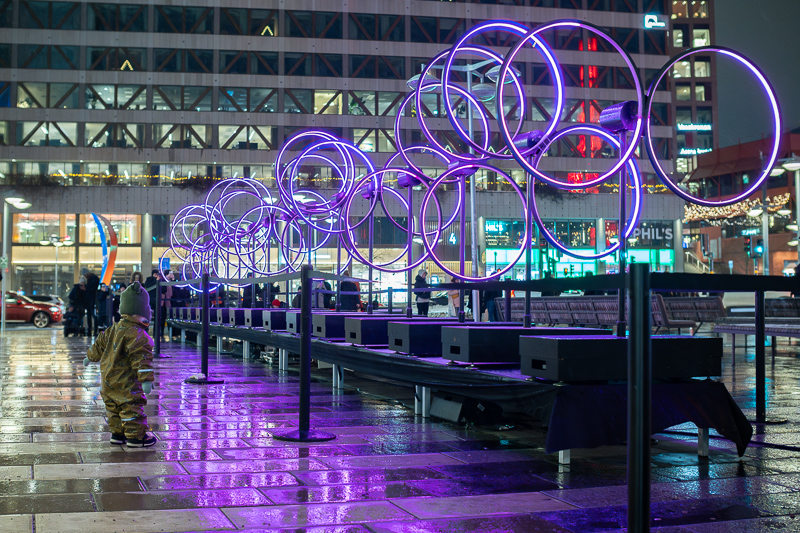

Most of the sample images in this review and many more can be found in higher resolution here.
Specifications
| Focal Length | 25mm |
| Angle of View | 58.8° |
| # of Aperture Blades | 9 |
| Max Aperture | f/0.95 |
| Min Aperture | f/11 |
| Min Focus Distance | 0.34 m |
| Filter Size | 62mm |
| Lens Mount | Sony E/ Nikon Z/ Canon RF/ Fuji X/ Canon EF-M |
| Weight | ~ 575 g |
| Size (D x L) | ~ 71.5mm x 81mm |
| Elements/Group | 14 elements in 9 groups |
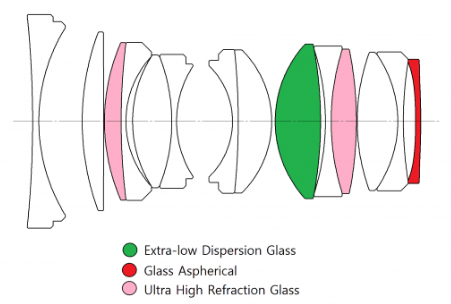
Handling
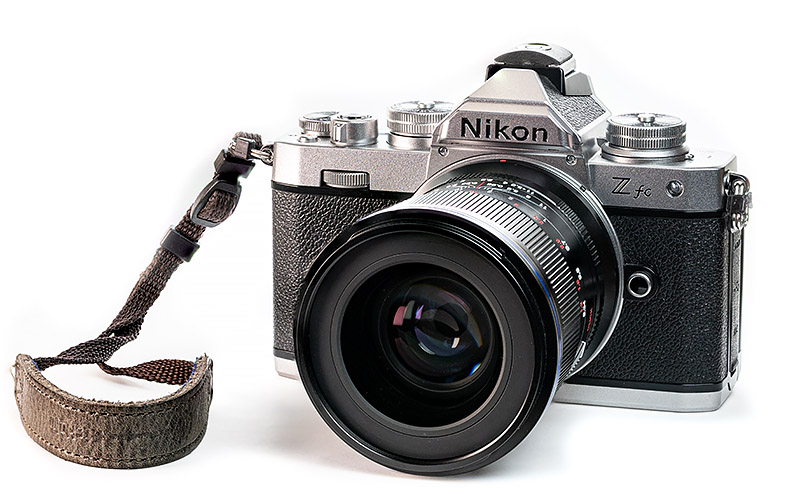
The build quality of Laowa Argus 25mm f/0.95 CF APO, being from the Argus product line, is exceptional. The lens is built entirely of metal and feels to be heavy in the hands. It is not a small lens for being an APS-C, but it is not unreasonably large for being a f/0.95 lens either. This is a fully manual lens without any AF, stabilization, or aperture control from the camera. There are no electrical pins to transfer Exif data on the metallic mounting plate, which also lacks a weather sealing gasket. That is a shame. I wish there was one, after all this lens is built like a premium lens and sold at about the same price point as one.
The wide focus ring that has distance markings in both meters and feet turns smoothly and precisely about 120°. The lens has an internal focusing mechanism, meaning that it does not extend when changing the focus, and the front element does not rotate, which is good if you intend to use a PL filter.
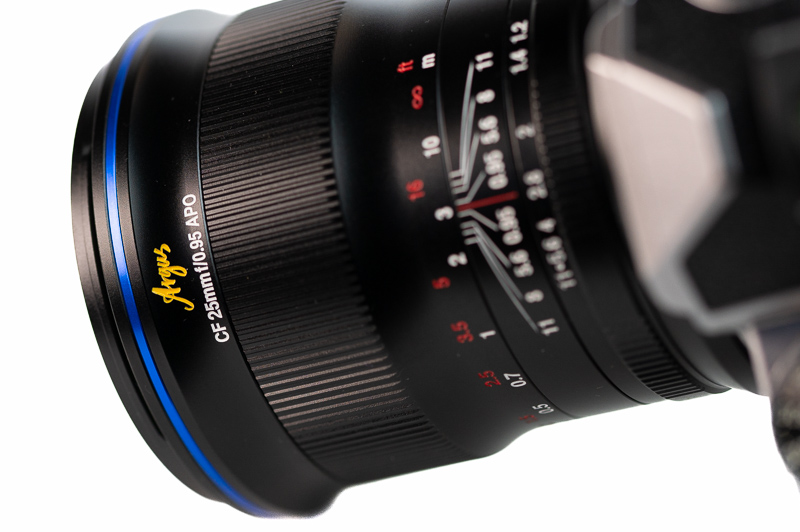
The aperture ring has gentle click-stops at 0.95, 1.2, and 1.4. From there it has click-stops at each full-stop up until f/11, which is the smallest aperture the lens offers. This is a little unusual, having f/16 as an option would be nice, possibly Laowa wanted to avoid having any positions with mediocre performance caused by diffraction at f/16. There is a declicking switch on the side of the barrel, which lets you have either clicked aperture settings or a smoothly turning aperture ring with no clicks, useful for video work.
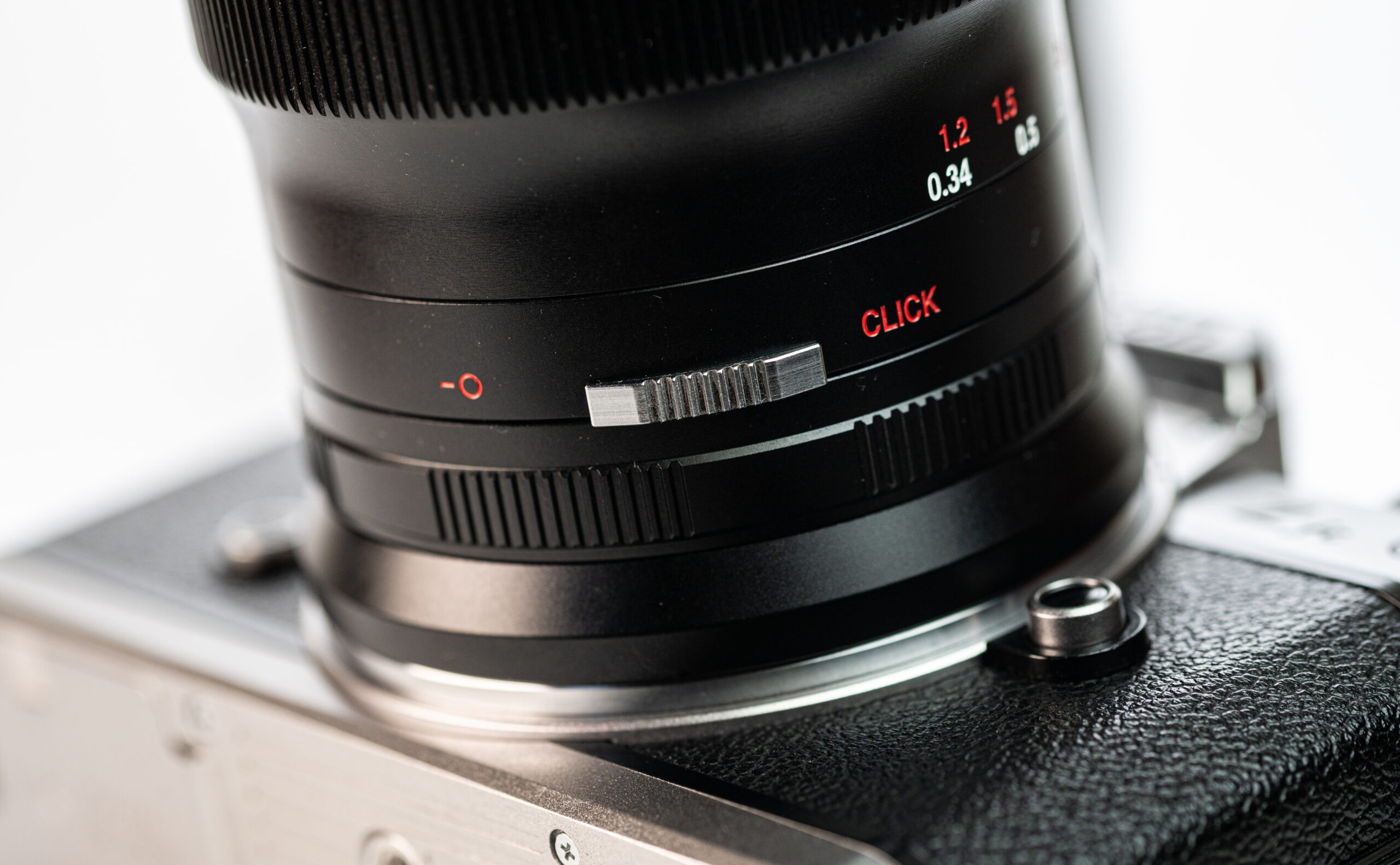
The lens comes with an oblong metallic lens hood and a similarly shaped slip-on plastic lens cap, which fits on the lens hood and that is the only lens cap that comes in the box. It seems Laowa wants to make users keep the lens hood on the lens at all times, but due to the shape of the lens hood, you have to remove it if you want to use filters, which defies the intention of providing only an oblong cap that only fits on the hood. It looks cool, especially the leather patterned cap, but not sure if it is practical.
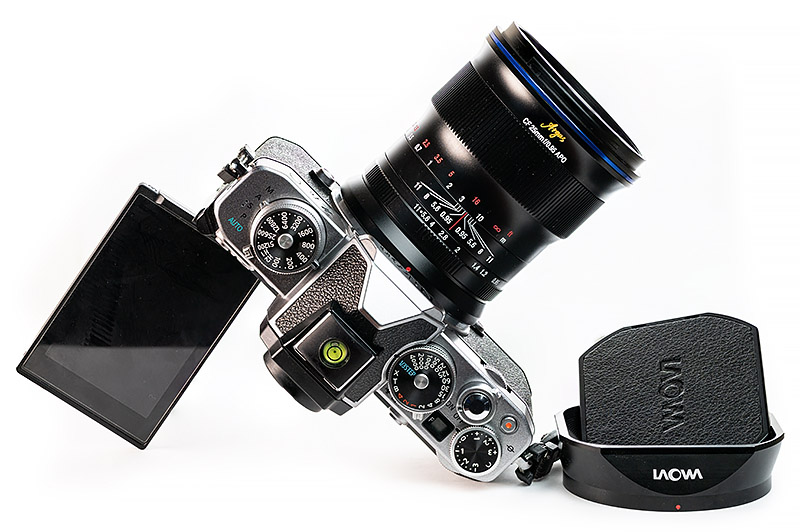
All in all the build quality and handling are very solid and convincing, but I wish Loawa had put some weather sealing and electronics in their premium lenses.
Optical Features
Sharpness (Infinity)
For the infinity sharpness test, we look at three areas of the image, center, mid-frame, and corner, see highlighted areas in the image below!
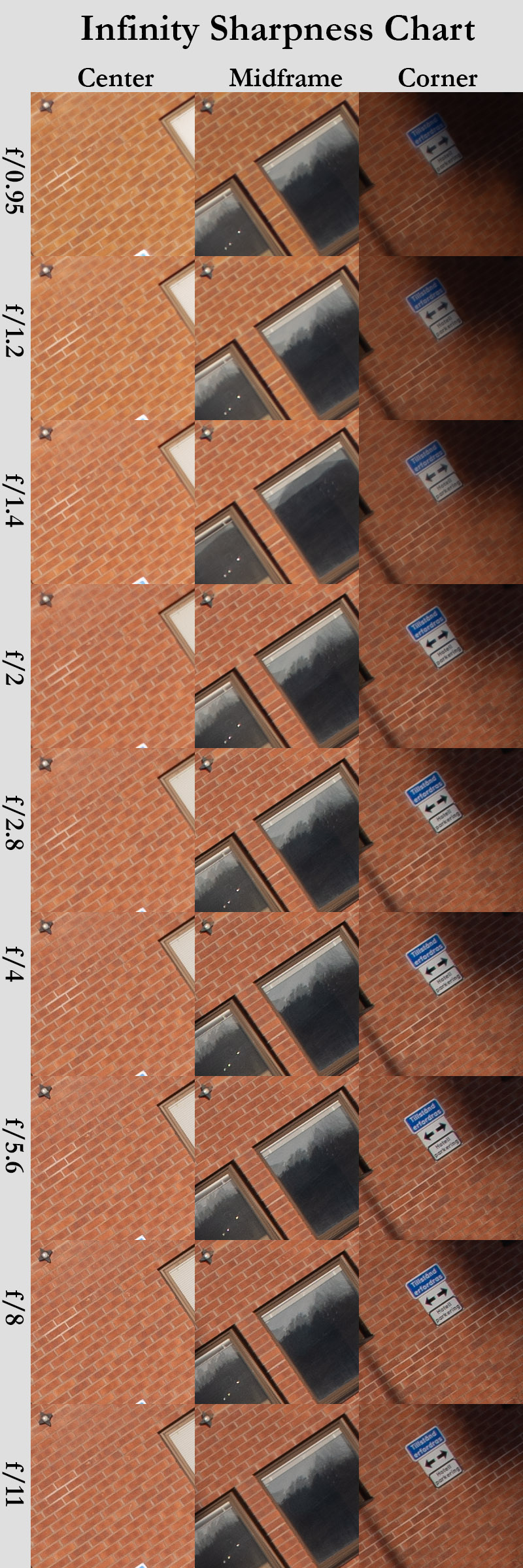
- f0.95: The sharpness in the center of the image is very good right from f/0.95, the midframe is good, but the corner is just OK. In general, a bit more contrast would be nice
- f/1.2: a tiny improvement in the center and midframe, but the corners are still just OK
- f/1.4: The center has excellent sharpness here and the midframe is very good, corners just OK
- f/2: Now both the sharpness and contrast are excellent in the center, the midframe is a little better than before and now even the corner’s sharpness is good
- f/2.8: Same as before except that the midframe is also excellent and the corner’s sharpness is improved
- f/4: Now we have very good sharpness even in the corner
- f/5.6: Excellent sharpness and contrast from center to corner
- f/8-f/11: The lens keeps its excellent sharpness everywhere to f/11
Sharpness (Portrait)
Let’s look at the points of interest for portraits at the portrait distance: the very center, the center’s inner periphery (1/3 rule intersection), and the center’s outer periphery (1/4th intersection).
Portrait Points of Interest
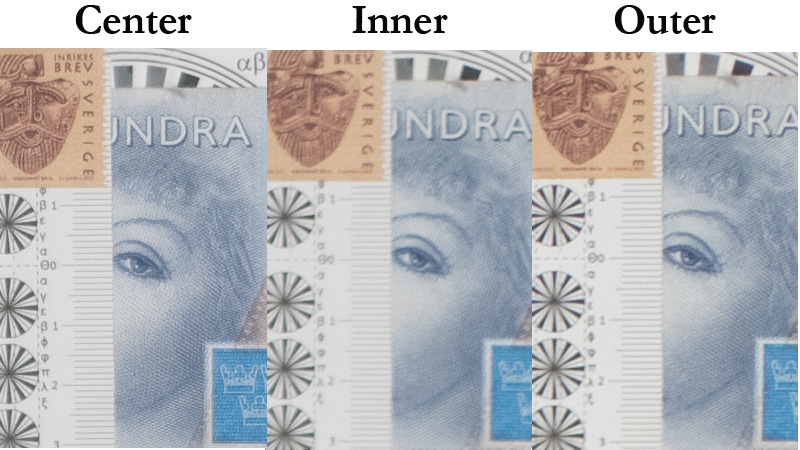


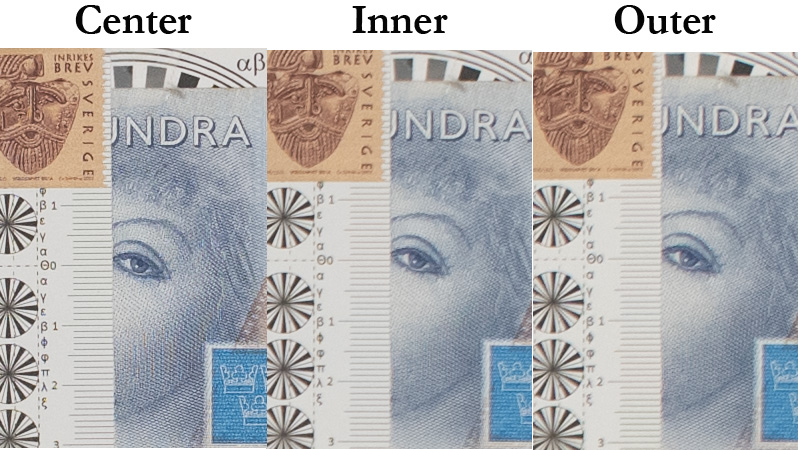
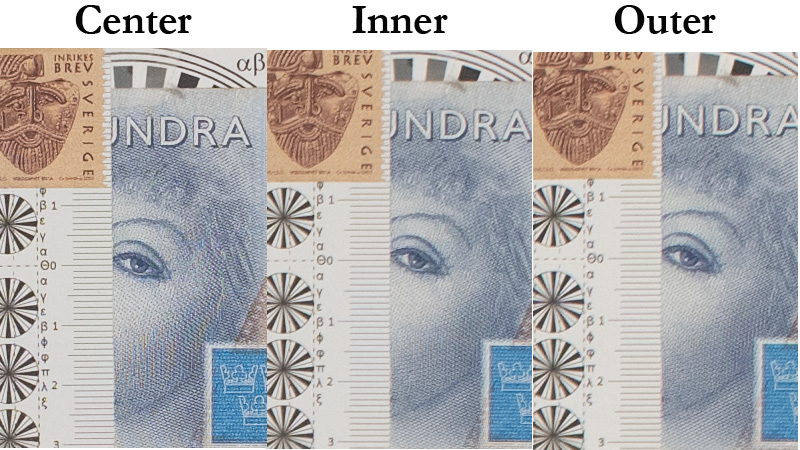
F/0.95: Very good sharpness in the center, and center’s outer periphery but it seems that some filed curvature makes the sharpness dip in the inner periphery.
At f/1.2 we get some more contrast but the sharpness situation is more or less the same as at 0.95.
F/1.4: improvement both in sharpness and contrast everywhere
F/2: Excellent sharpness and contrast in the center and improvements in the peripheries
F/2.8: Excellent sharpness everywhere but the peripheries are not as sharp as in the center
Sharpness (Close-up)
In general, most f/0.95 lenses have some problems with the sharpness at closeup distances and we see some signs of it here too. At f/0.95 the sharpness is good, but just. It is not as good as it is at infinity at the shared aperture. The sharpness comes up to a very good level at f/2.8 and at f/4 it is excellent. The lens keeps its excellent sharpness to f/11.
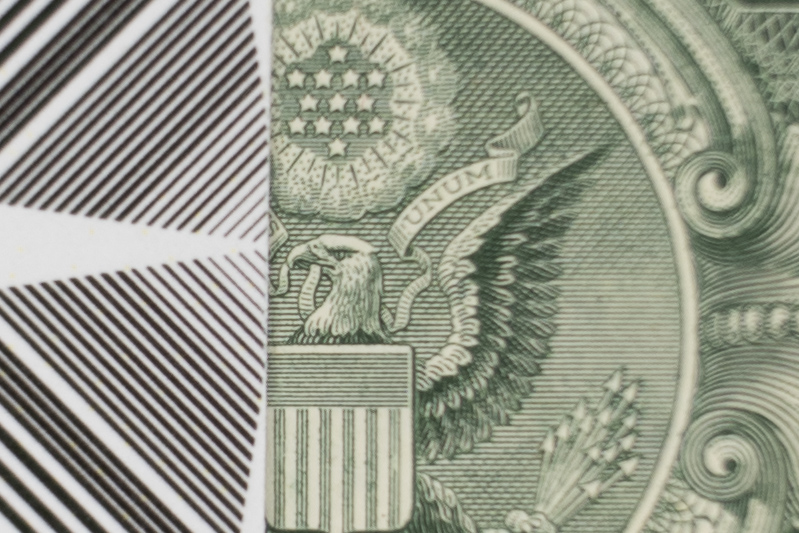
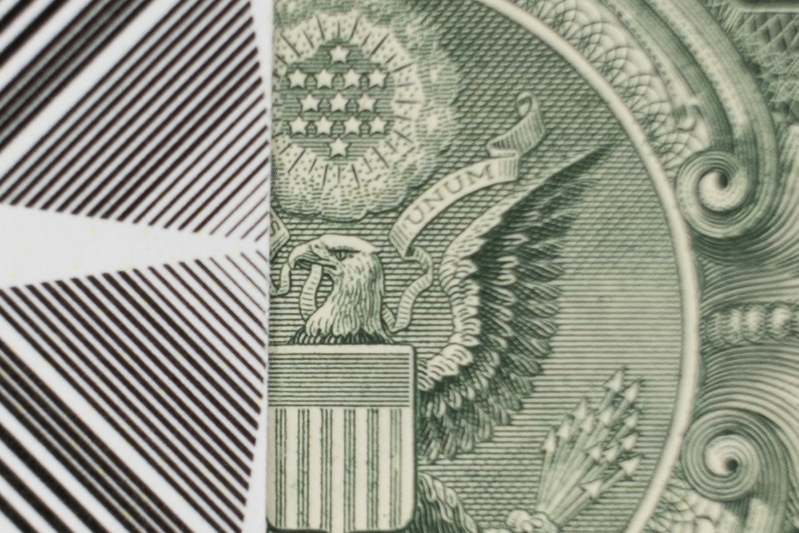
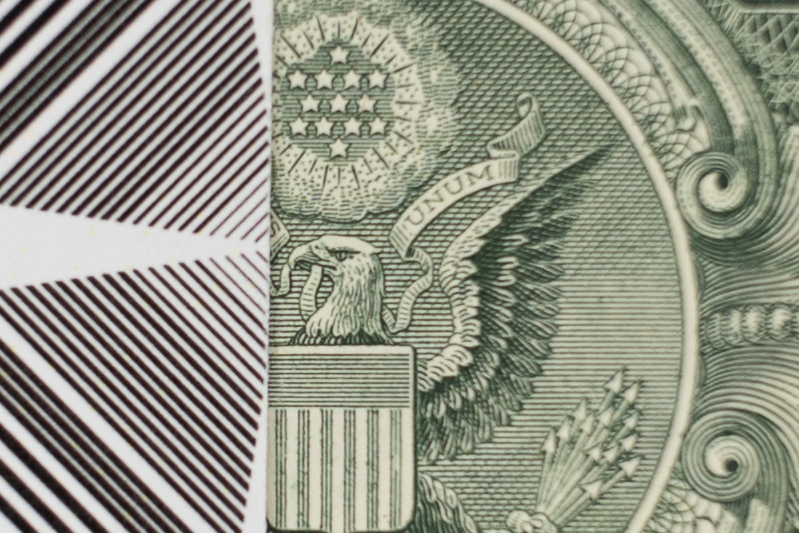
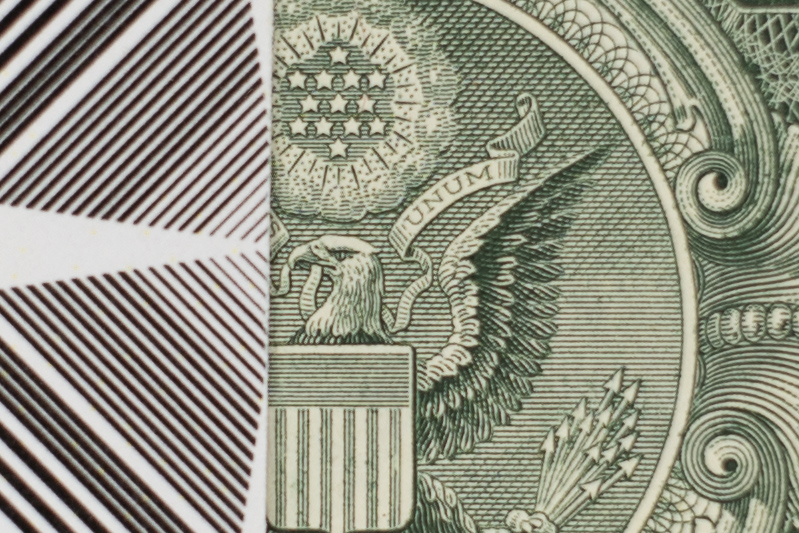
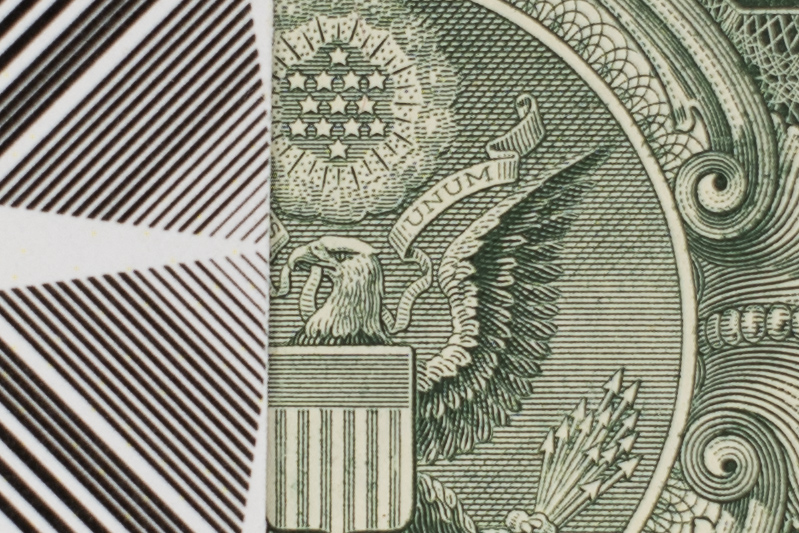
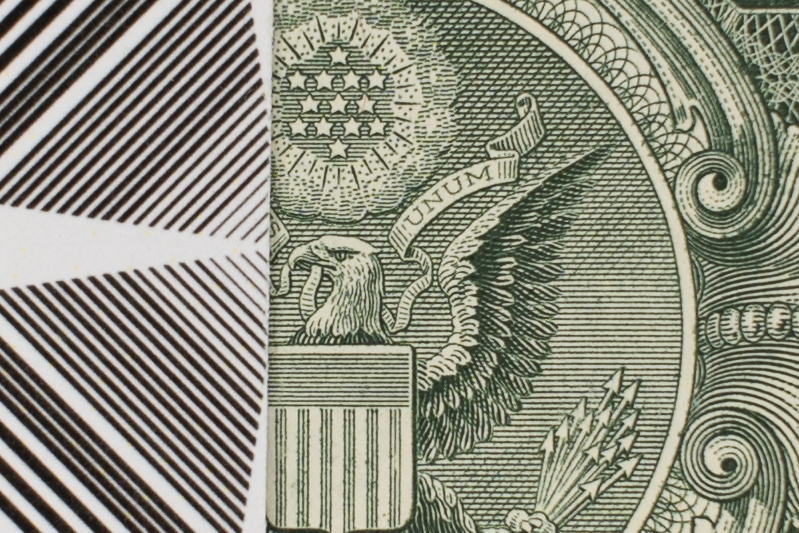
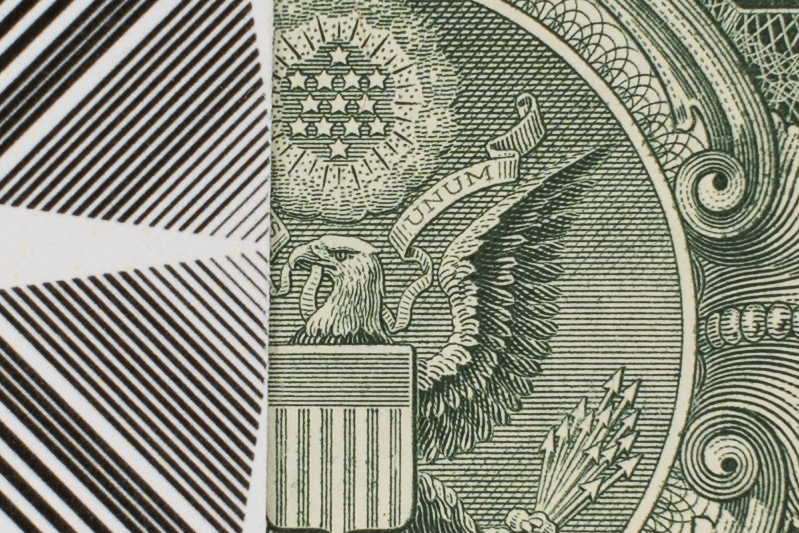
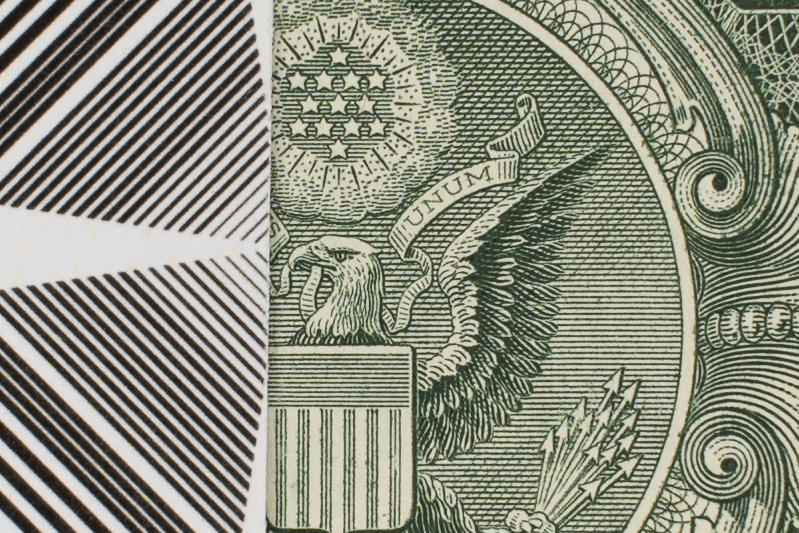
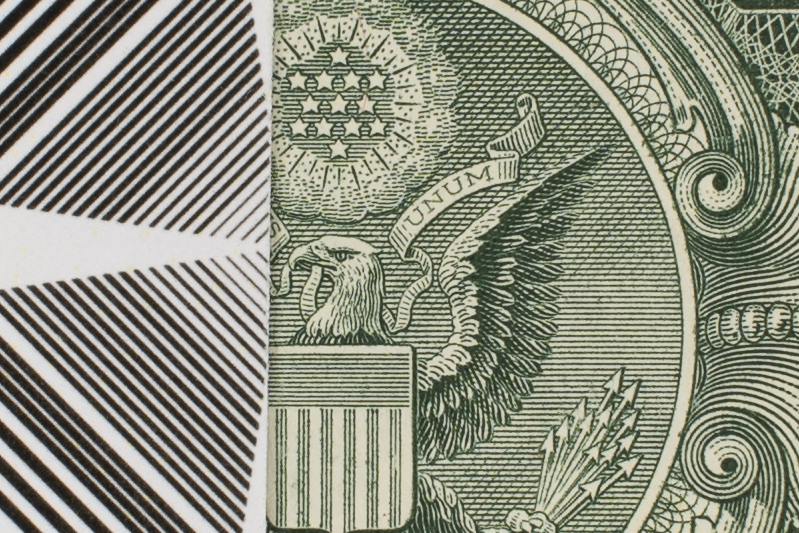
Lens Distortion
There is a tiny amount of barrel distortion visible but nothing serious. +3 or +4 in LR/PS’s distortion section corrects it.
Vignetting
Vignetting is about 2 EV wide open at f/0.95, which is high but not extreme or unusual for such a fast lens. It improves by stopping down and from f/2.8 hardly visible. It is, more or less, like many Zeiss and Leica lenses. It works well when the main subject is in the center of the frame. If you don’t like it, you can easily fix it in post.
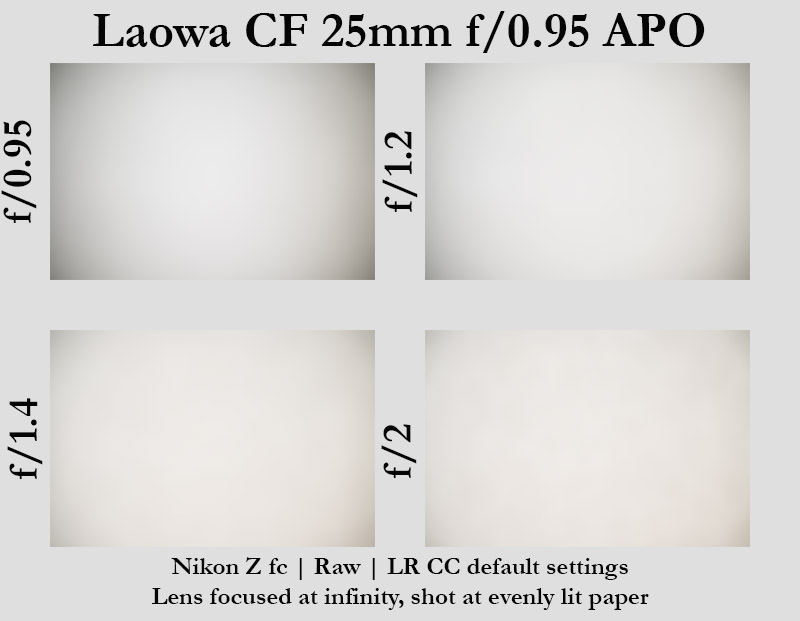
- f/0.95: 2 EV
- f/1.2: 1.7 EV
- f/1.4: 1.3 EV
- f/2.0: 1 EV
- f/2.8: 0.9 EV
- f/4.0: 0.8 EV
In the first image below, I fixed the vignetting in post, while in the second image, I did not, both images were taken at f/0.95.
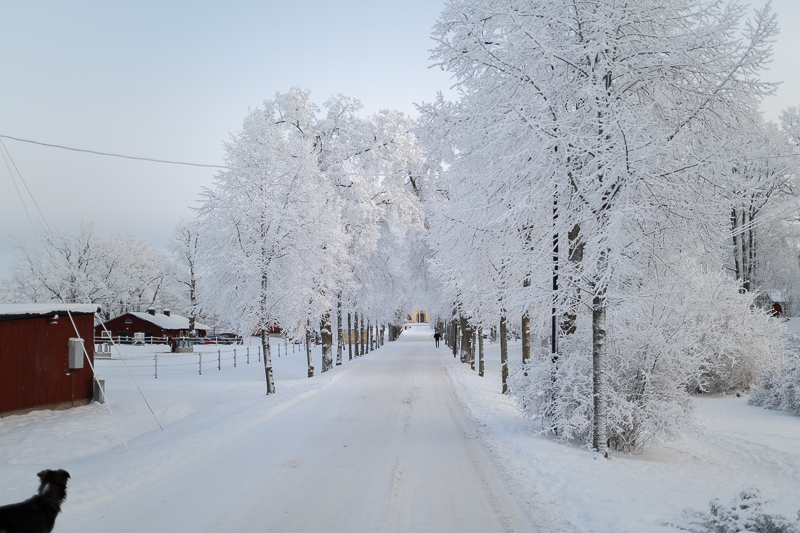

Focus Shift & Aberrations
The good news is that the APO design of the lens delivers what it promises and is efficient in correcting the spherical and the longitudinal chromatic aberrations as there are none to be seen anywhere in the image.
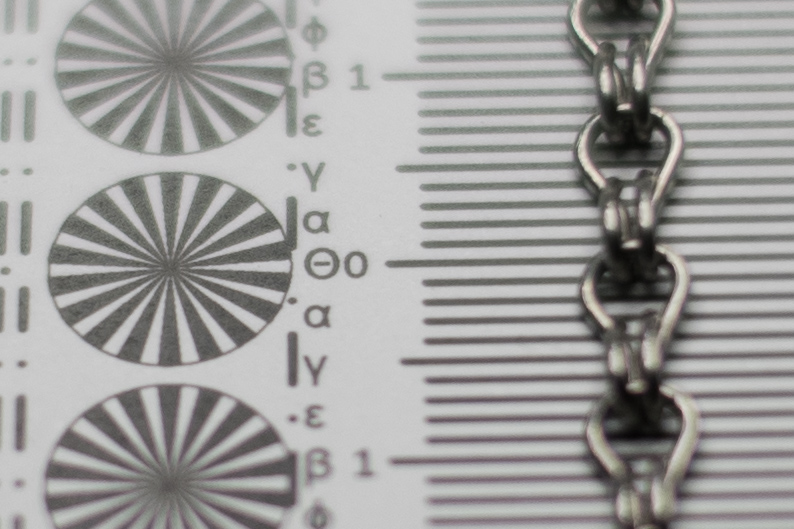
The less good news is that there is some Lateral chromatic aberration as seen in the 200% crop of the frame’s corner in the following image. This is easily corrected in post by just one click though.
Flare Resistance
Flare resistance is a common challenge for large aperture lenses, and the Argus 25 is no exception. While it’s susceptible to flares, especially at wider apertures, they are generally manageable through careful composition. However, under harsh lighting conditions, strong veiling flares can occur. Stopping down the aperture significantly reduces flare but may introduce ghosting.
In the following series of images, I stressed the lens to find its weakest points regarding flares, the images under A, B, and C tabs are taken at f/0.95, the rest with closed apertures at f/5.6 or f/8.
Coma
This Laowa lens suffers from coma at its widest apertures, especially at f/0.95. It reduces quickly by stopping down. At f/2 it is at a minimum and by f/2.8 it is completely disappeared, but it seems astigmatism appears at that point, stopping down to f/5.6 fixes that too.
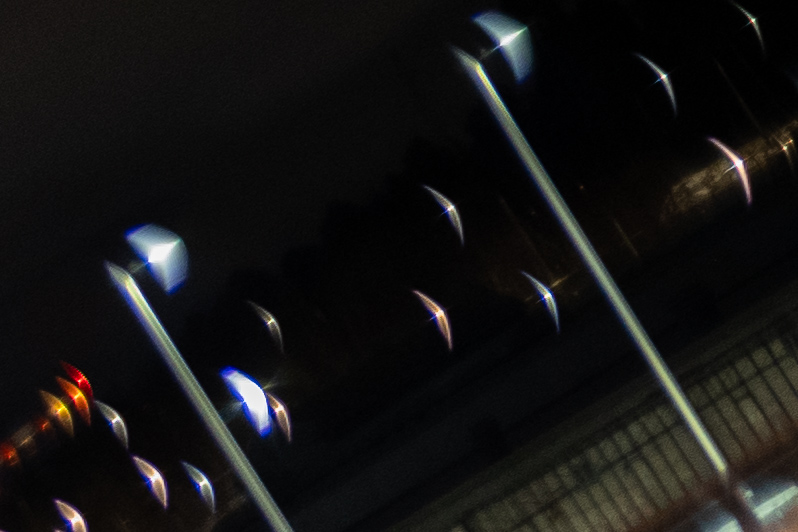
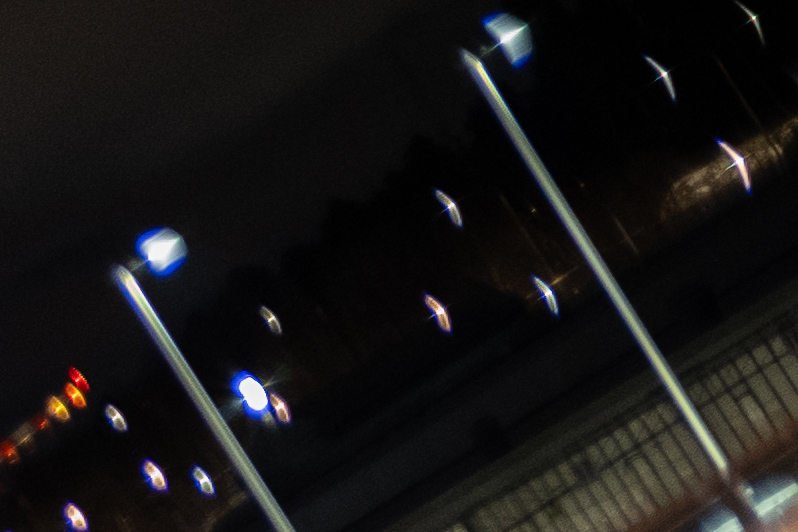
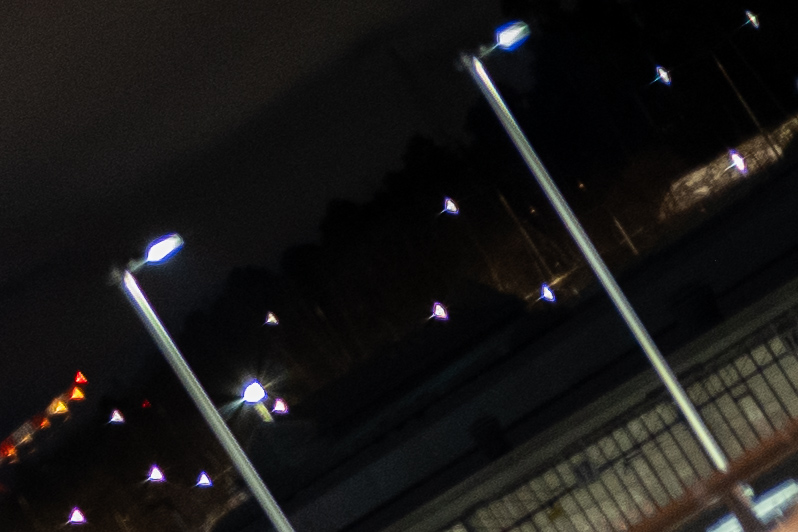
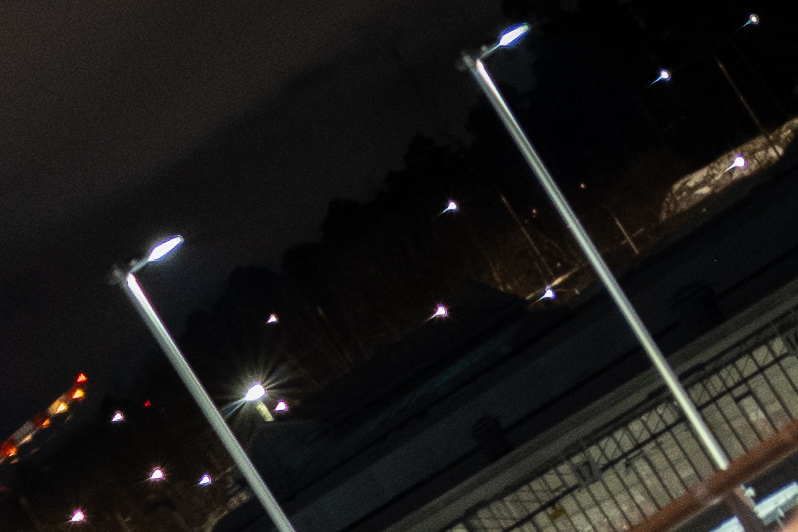
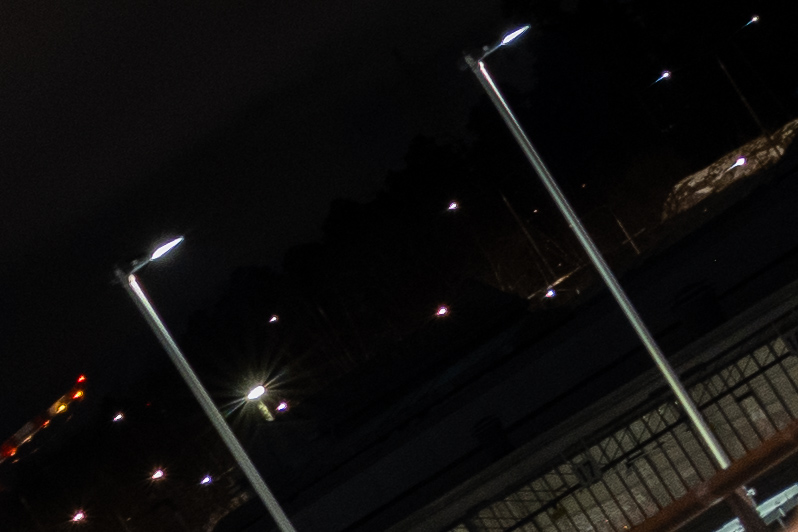
Sunstars
The Laowa Argus 25mm f/0.95 CF APO can create sunstars from f/2.8, but they are quite fuzzy there. They get a little better at f/5.6 and from f/8 they are relatively well defined.
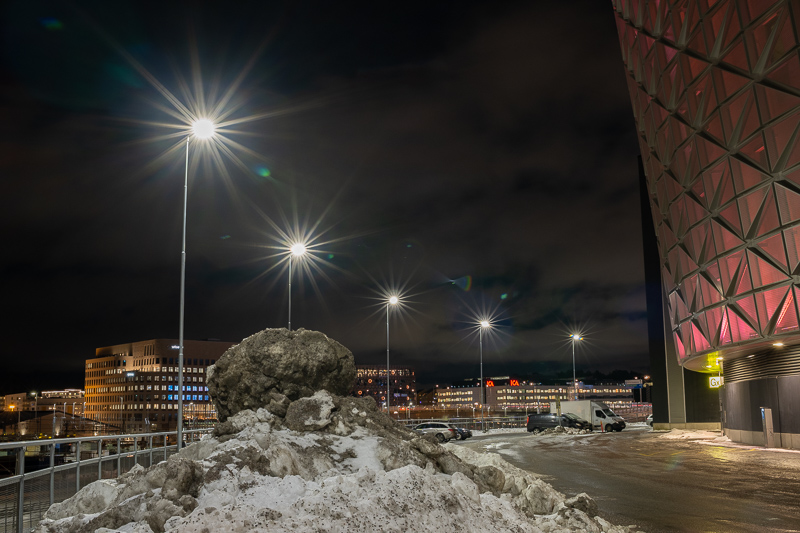
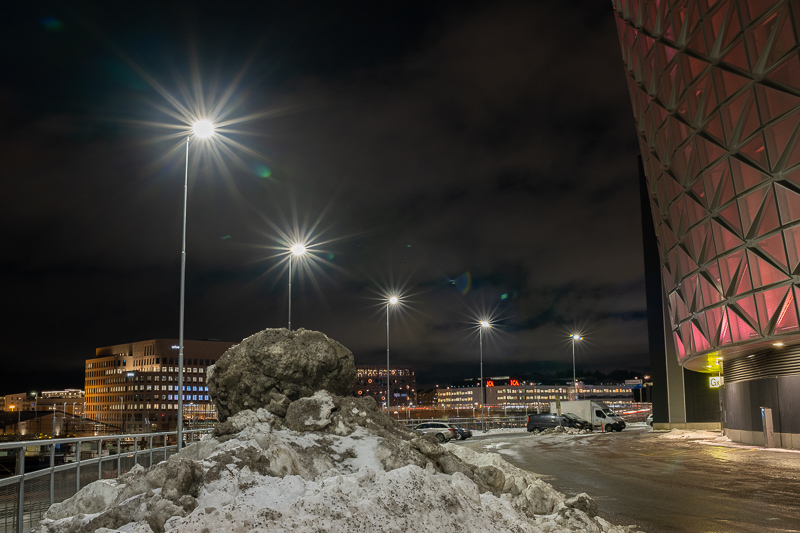
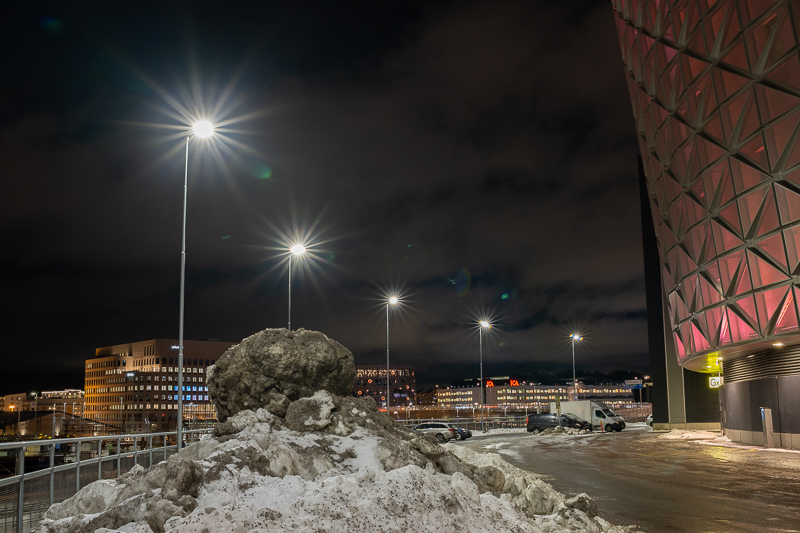
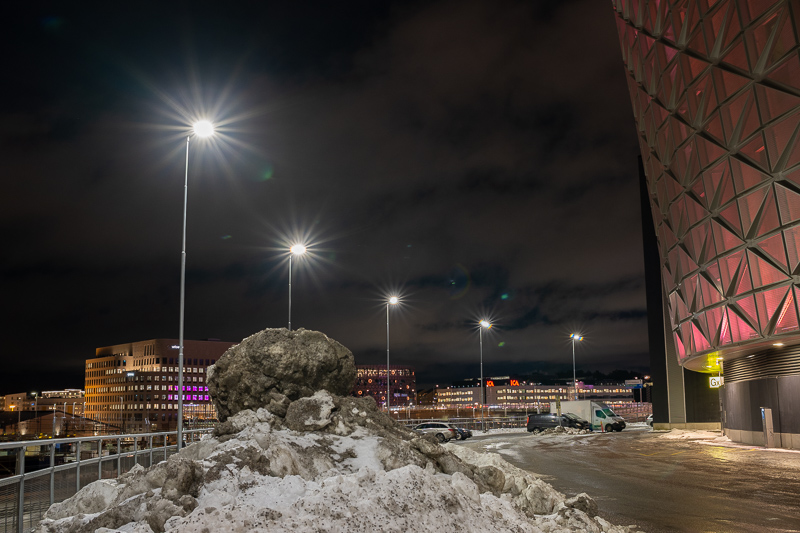
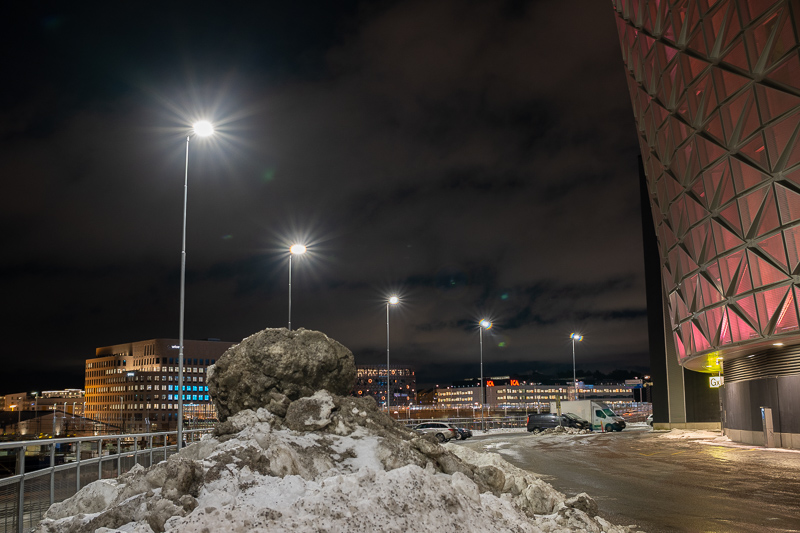
Focus Breathing
The 25mm f/0.95 APO CF suffers from quite heavy focus breathing, which is not very good for video makers.

Bokeh
Bokeh’s beauty is in the eyes of the beholder. This lens has great subject separation and a thin depth of field, and is an APO lens. Before I say my preferences, let’s have a look at the bokeh in some sample images in different situations!
First of all the bokeh itself or the out-of-focus specular highlights.
We can clearly see onion rings everywhere in the specular highlights from the one aspherical element in the lens and also cat’s eye effect (optical vignetting) on the edges and the corners, a typical effect at wide apertures. The elipsed-shaped bokeh can in right circumstances cause a “swirling effect”
Now, let’s look at the quality of the out-of-focus blur areas with the subject at different distances!
Short Distance

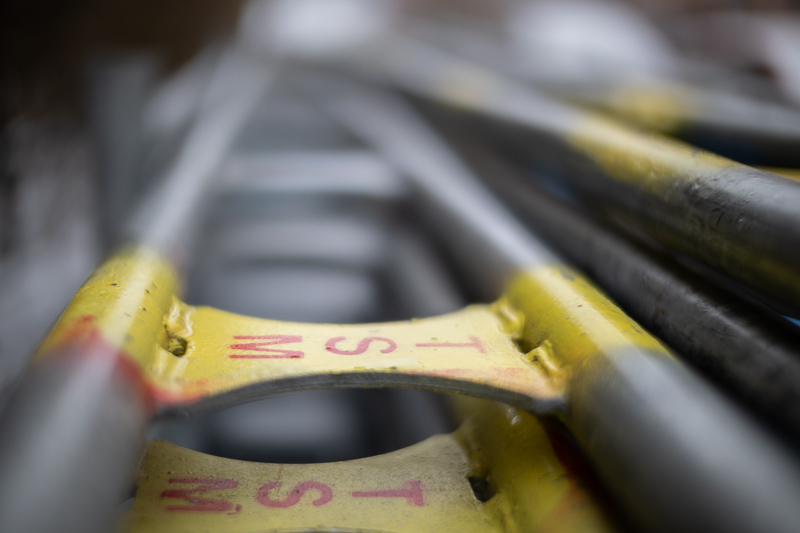
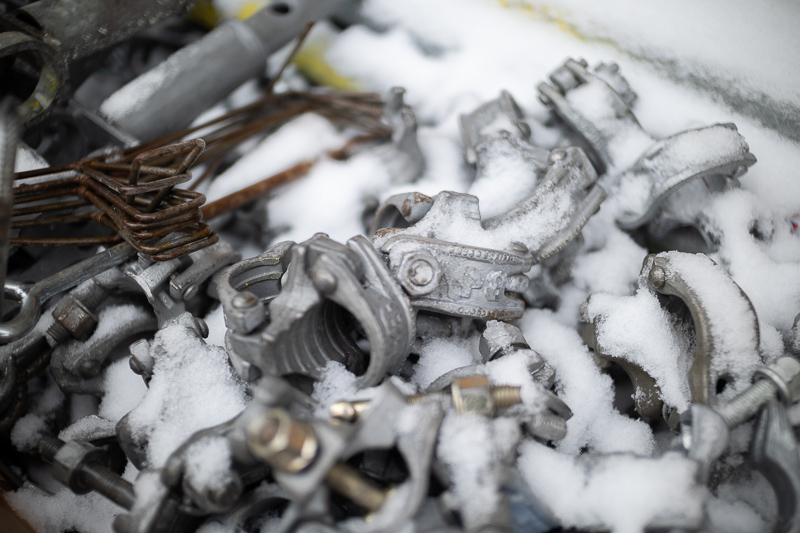
In this situation, I have no remarks as the bokeh is creamy soft and nice no matter the circumstances. Good.
Medium Distance


At this distance, we start seeing interesting details. APO design has many advantages for sharpness, chromatic aberrations, and contrast, all good things to have in the image, but it also can have the same effect on the out-of-focus areas as the APO’s nature is to increase the contrast and remove softness from the image. We can see some signs of it creeping in the mid-distance. This is more obvious in long-distance situations, see the following sub-section!
Long Distance
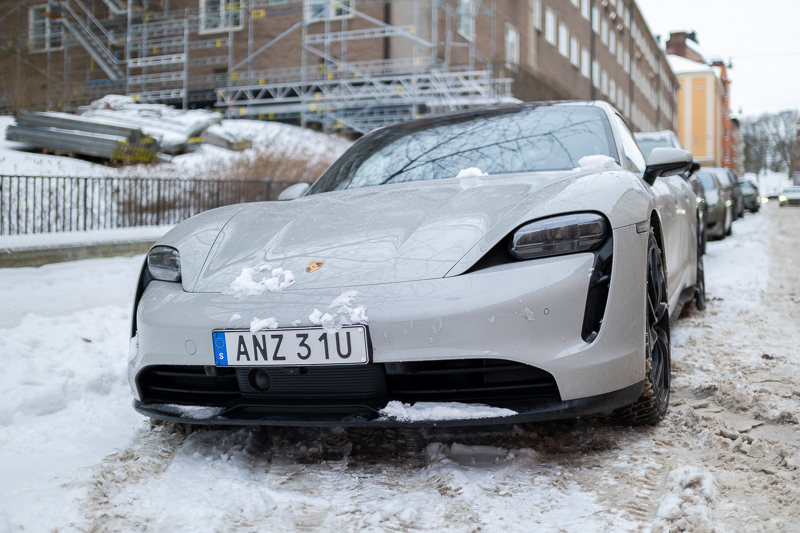


I have to admit that the effect I am talking about is not exaggerated with this lens, but it is there. In some communities and among some people if a lens has this effect, it is said that the lens has character. It is highly a personal preference. While this effect can be a desired characteristic for some people who like it, I find it a little busy for my taste in the medium to long distances bokeh and prefer that the lens did not have it. Look at the images here and in the rest of the article and decide for yourself how you like it.
Conclusion
| I LIKE | AVERAGE | I DON’T LIKE |
| Build quality Ultra fast (f/0.95) Sharpness Contrast LoCA and spherical aberrations correction Lens distortion Sunstars |
Corner sharpness at the widest apertures LaCA Bokeh Coma Vignetting Price |
Lack of electronics Lack of weather sealing Focus breathing |
The Argus 25 is a very sharp lens with decent contrast, extreme low-light capabilities, great correction of chromatic aberrations, lens distortion, nice sunstars, and OK bokeh in an exquisitely built package. On the other hand coma and flaring is on the higher side of the scale. The price for such a fast lens (f/0.95) is not high and therefore it is good value for money. It is up to date the only lens this wide with f/0.95 as the max relative aperture for APS-C cameras. If you want the fastest available lens with decent characteristics for your APS-C camera and don’t mind manual focusing, this is the lens for you.
If you are interested in buying this lens or any of the lenses in the Alternatives section, you can support our efforts by using the links below or given under each lens. It won’t cost you a penny and it won’t affect the price, but it will help us a little.
| You can buy this lens from manufacturer’s online store Venuslens.net $549 (Affiliate link) |
Alternatives
25mm is a very odd focal length and difficult (if not impossible) to find alternatives but closest focal lengths would be 23mm, 26mm, and 27mm, none of them as fast as this Laowa. I list a few of them here.
Viltrox 27mm 1.2
Autofocus, a little longer focal length and more than 2/3 of a stop slower, and larger lens.
Buy from Vjiltroxstore.com, amazon (Affiliate link)
Voigtländer 23 mm F/1.2 Nokton Aspherical
Only for Fuji X and Nikon Z mount. Manual focus, more than 2/3 of a stop slower. Iif you can cope with manual focus great for street and travel.
Buy new: amazon.com, amazon.de, amazon.co.uk, amazon.fr for $499/$599 depending on mount (Affiliate links)
Sirui Sniper 23mm f/1.2 Autofocus
Autofocus, a little wider focal length and more than 2/3 of a stop slower, and larger lens.
Buy new: amazon.com, amazon.de, amazon.co.uk, amazon.fr for $349 (Affiliate links)
Viltrox 23mm f/1.4
Autofocus lens, more than 1 stop slower. Classic wide-angle lens, smaller in size
Viltroxstore.net (Affiliate link)
Fujifilm Fujinon XF 23mm f/1.4 R LM WR
Only with Fuji X mount, autofocus, more than 1 stop slower, a classic wide-angle focal length
Buy from amazon.com, amazon.de, amazon.co.uk, amazon.fr for $899
Voigtländer 27 mm F2.0 Ultron
Only for Fuji X mount. Manual focus, more than 2 stops slower. The smallest of all alternatives, if you can cope with manual focus great for street and travel.
Buy new: amazon.com, amazon.de, amazon.co.uk, amazon.fr for €549 (Affiliate links)
Nikon NIKKOR Z 28mm f/2.8
Only for Nikon Z cameras, autofocus, more than 3 stops slower
Buy from: amazon.com, amazon.de, amazon.co.uk, amazon.fr $276 (Affiliate links)
Nikon NIKKOR Z 26mm f/2.8
Only for Nikon Z cameras, autofocus, more than 3 stops slower
amazon.com, amazon.de, amazon.co.uk, amazon.fr $496 (Affiliate links)
More Sample Images

Nikon Z fc | Laowa Argus 25mm f/0.95 CF APO | f/5.6


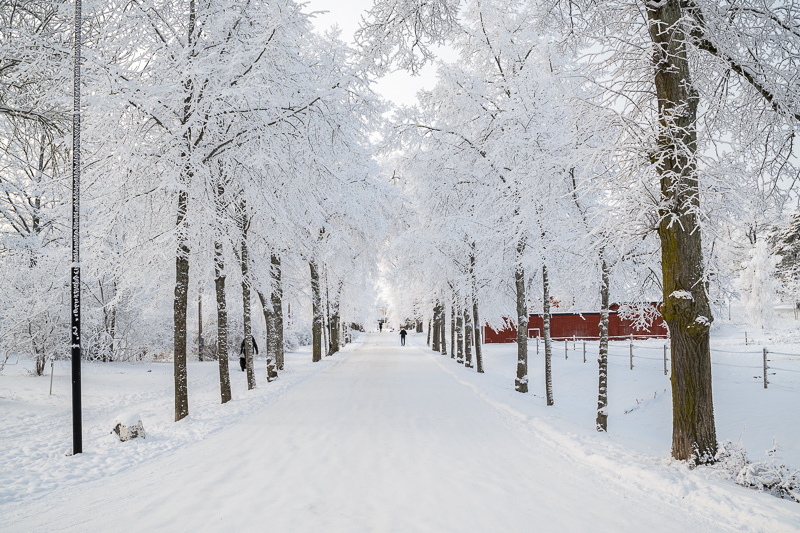

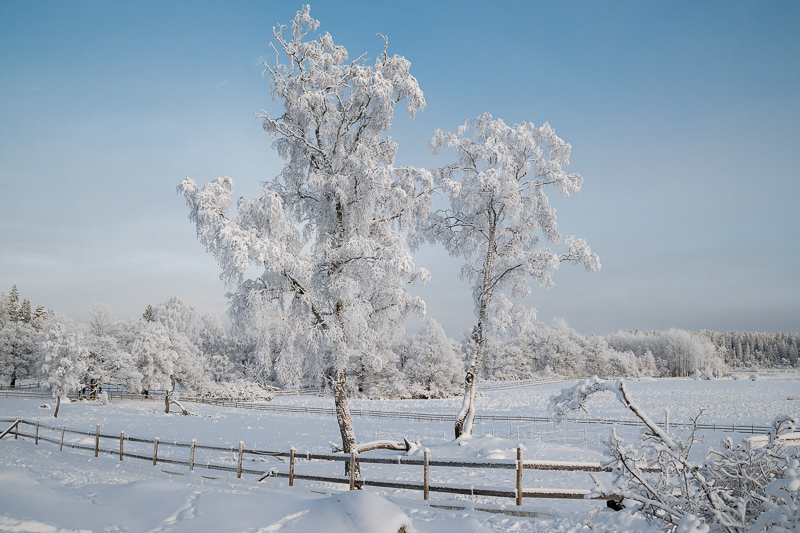
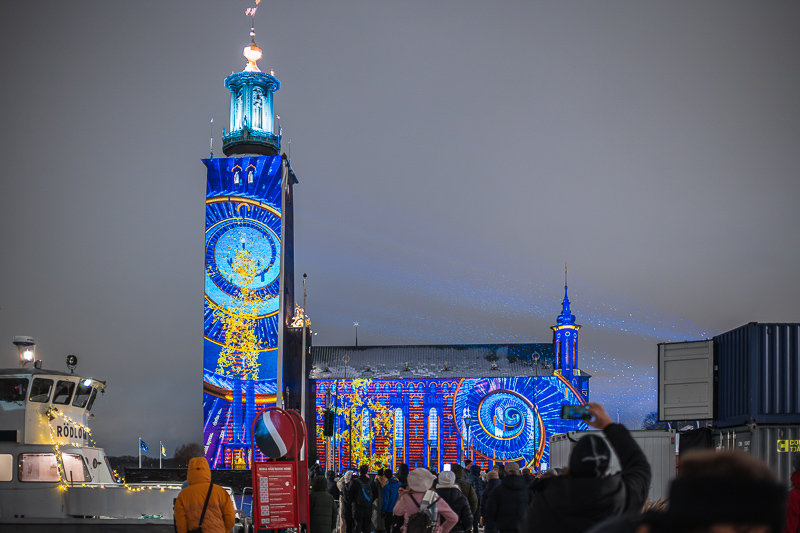
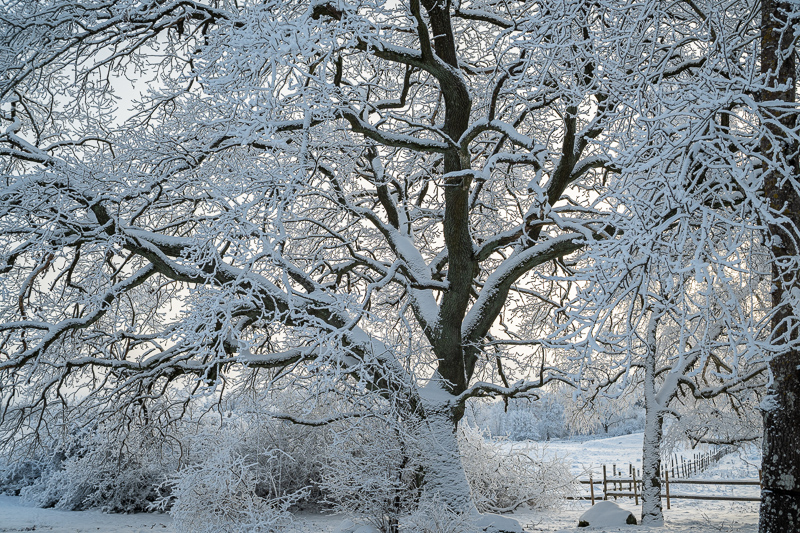




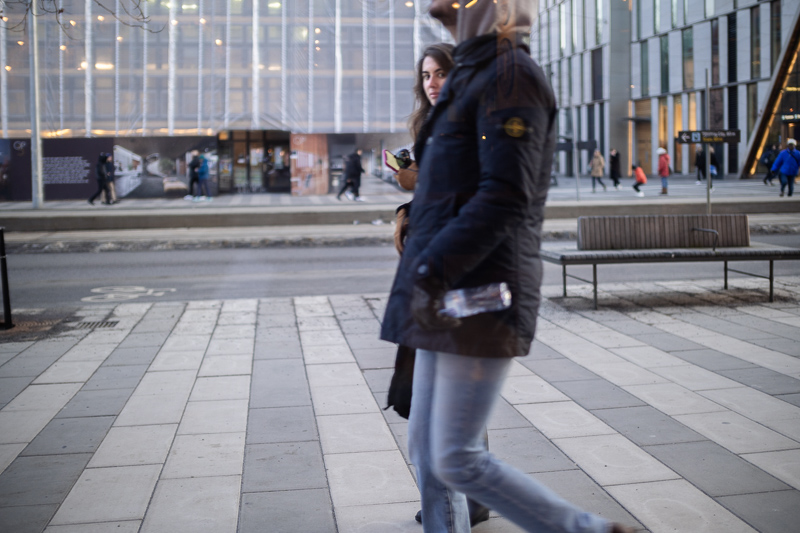
Most of the sample images in this review and many more can be found in higher resolution here.
Further Reading
- REVIEW: LAOWA 33MM 0.95 CF APS-C
- REVIEW: TTARTISAN AF 35MM F/1.8 (APS-C)
- REVIEW: TTARTISAN 10MM F/2 (APS-C)
Support Us
Did you find this article useful or just liked reading it? Treat us to a coffee!
with Paypal or bank card
| You can buy this lens from manufacturer’s online store Venuslens.net $549 (Affiliate link) |
This site contains affiliate links for which I may receive a small commission if you make a purchase via the links at no additional cost to you. This helps support the creation of future content.
Martin
Latest posts by Martin (see all)
- REVIEW: Meike 85mm f/1.4 FF STM - January 18, 2026
- REVIEW: Carl Zeiss Jena Pancolar 50mm f/1.8 MC - January 11, 2026
- Analogue Photography: Part 5 – Kodak ColorPlus 200 at Nostalgic Car Show - January 7, 2026
